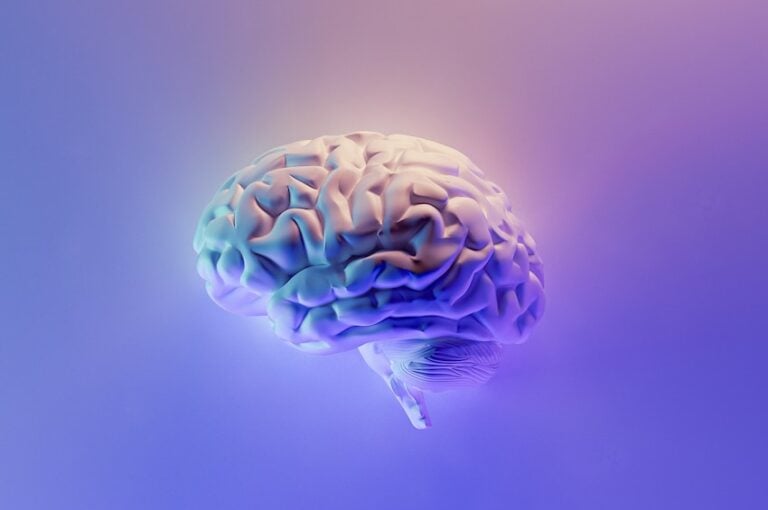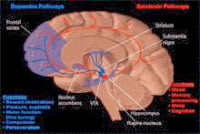
Trontinemab Speedily Clears Alzheimer’s Plaque
Trontinemab is a very exciting experimental drug, showing great promise in rapidly clearing Alzheimer’s amyloid plaques from the brains of affected individuals, with remarkably little side effects.

Trontinemab is a very exciting experimental drug, showing great promise in rapidly clearing Alzheimer’s amyloid plaques from the brains of affected individuals, with remarkably little side effects.

See why Cognito’s headset received FDA Breakthrough Device Designation for addressing cognitive and functional symptoms associated with Alzheimer’s.

Walk through the various steps that occur as a person participates in the Alzheimer’s Disease Neuroimaging Initiative (ADNI) project.

“It is exciting to see efficacy of potential new drugs for Dementia with Lewy Bodies, the most common dementia after Alzheimer’s. It is a huge area of unmet need,” said Dr. Marwan Sabbagh.

Now, a third new Alzheimer’s drug expected to be approved by the Food and Drug Administration (FDA),. The field of new drugs is beginning to show progress in the fight to slow the disease.

Doctors routinely diagnose and track dementia. “Neuropsychological tests” are non-invasive, using interviews or paper/pen tests. More invasive diagnostics include powerful MRI and PET scans.

The new Alzheimer’s injections Aduhelm and Lecanemab offer hope. Now, Mastinimab is trying to break through to the next level with a simpler pill. Mastinimab fights Alzheimer’s via a revolutionary mechanism of action. Learn why the FDA approved Mastinimab’s final round of trials.

CLINICAL TRIALS VIDEO: Thin electrical wires were surgically implanted in the brain of Alzheimer’s patients. Called “Deep Brain Stimulation”, see how this brain “pacemaker” improves

VIDEO + ARTICLE: An award-winning director joins the nation’s largest independent registered investment advisory firm to film a documentary on clinical trials by diet guru

Anticholinergic drugs have been consistently linked to cognitive impairment. Scientists seek de-prescribing trials to test anticholinergic drugs as reversible risk factors for dementia. Can de-prescribing

Lewy Body dementia is the 2nd most common form of dementia. See
experts at America’s top medical center, The Mayo Clinic, improving the lives of people who struggle with it.

We make a living by what we get,But we make a life by what we give. (Winston Churchill)

Clinical Psychology / Neuropsychology
LIFECARE PSYCHOLOGY GROUP, LLC

SHORT-TERM MEMORY lapses are obvious signs of Alzheimer’s, but other tell-tale signals begin to show much earlier. Learn how to look for semantic impairments, such as simple questions about size.

Three important dementia studies focus on HS-AGING, a type of dementia almost as common as Alzheimer’s in the 85+ group. Yet few people have heard of it. Why? What makes it different?

An intriguing study of 120 grandmothers might surprise you. Doctors know socially engaged people have better cognition and less dementia. But can a person get too much of a good thing? What’s the right balance?

Enjoy this great duet between a musician with dementia and his son. A triumph of spirit over Alzheimer’s! Sing-a-long if you like!
No spam, only news and updates.


